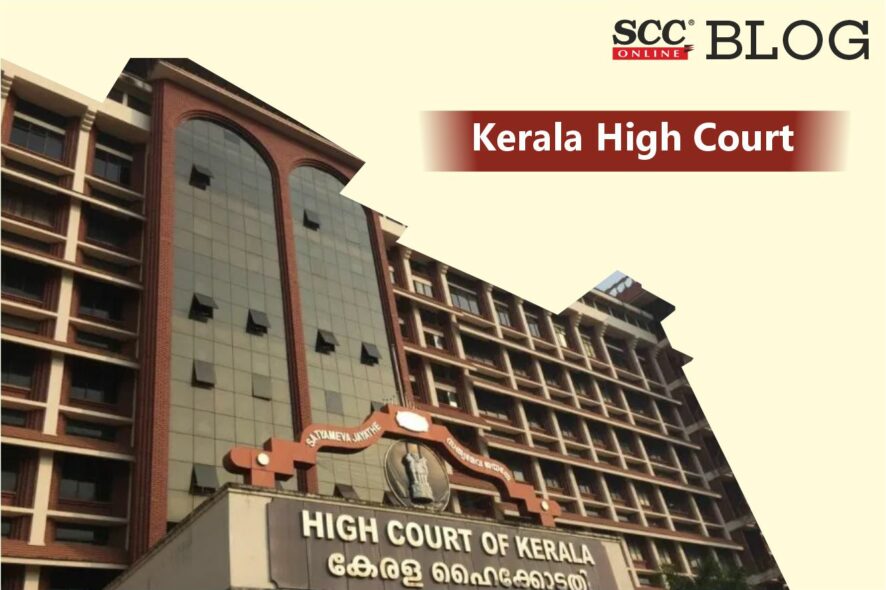Kerala High Court: In a bail application plea for the offences of kidnapping and rape of a minor Bechu Kurian Thomas, J. while dismissing the bail application, has held that the marriage between Muslims under personal law is not excluded from the sweep of the Protection of Children from Sexual Offences Act, 2012, (‘POCSO Act’). If one of the parties to the marriage is a minor, irrespective of the validity or otherwise of the marriage, offences under the POCSO Act will apply.
In the case at hand, the petitioner and the victim were both alleged to be Muslims. While the petitioner is 31 years in age, the victim is only 15 years and 8 months. The crime was registered after intimation was received from the doctor whom the victim and the petitioner had approached for a checkup on her pregnancy. Petitioner was arrested on 01-09-2022 and has been in detention since then. It was alleged that their marriage took place as per Islamic rites and customs under Mohammedan law and was registered under West Bengal Act XXVI of 1961.
Petitioner is indicted for the offences of kidnapping and rape of a minor (victim) under Sections 366, 376(2)(m) and 376(3) of the Penal Code, 1860 (‘IPC’), Sections 5(j)((ii), 5(i) and Section 6 of the POCSO Act and seeks reprieve from detention, claiming that he had validly married the victim under the personal laws applicable to them.
The Court said that the Muslim Personal Law (Shariat) Application Act, 1937, statutorily recognizes that in all questions relating to marriage, the rule of decision shall be the Muslim Personal Law (Shariat). However, after the coming into force of the Prohibition of Child Marriage Act, 2006, it is questionable whether the said personal law will prevail over the special statute relating to marriages. Under section 3 of the said Act, a child marriage shall be voidable at the option of the contracting party, who is a child, but section 12 makes a child marriage void in certain circumstances
The Court said that as the investigating officer alleges that the victim was enticed by the accused without the knowledge of her parents and the age of victim being only just above 14 years at the time of the alleged marriage, the existence of a valid marriage, even according to Muslim Personal Law, is debatable. However, the petitioner is arrested for the offences under the POCSO Act as well as the IPC, and POCSO being a special statute enacted specifically for the protection of children from sexual offences, thus, sexual exploitation of every nature against a child is treated as an offence and marriage is not excluded from the sweep of the statute.
The Court further said that it is trite law that when the provisions of a statute are repugnant to, or contrary to the customary law or personal law, in the absence of any specific exclusion of the said personal law from the statutory provisions, the statute will prevail, and the personal law or the customary law shall stand abrogated to the extent of the inconsistency.
Thus, the Court held that the marriage allegedly entered between the petitioner and the victim cannot be relied upon as a legally valid marriage. Further, the legislative intent reflected through the POCSO Act is to prohibit physical relationships with a child, even under the cover of marriage.
The Court referred to Section 42-A of the POCSO Act and held that the POCSO Act will prevail over personal laws and customary laws. Therefore, it cannot be said that after the coming into force of the POCSO Act, penetrative sexual intercourse with a child, even if it is under the guise of marriage, is an offence.
[Khaledur Rahman v. State of Kerala, 2022 SCC OnLine Ker 5833, decided on 18-11-2022]
Advocates who appeared in this case :
For Petitioners: Advocate N. Anand;
Advocate Bijith S. Khan;
Advocate Rajesh O.N.;
For Respondent: Public Prosecutor K.A. Noushad.
*Apoorva Goel, Editorial Assistant has reported this brief.






